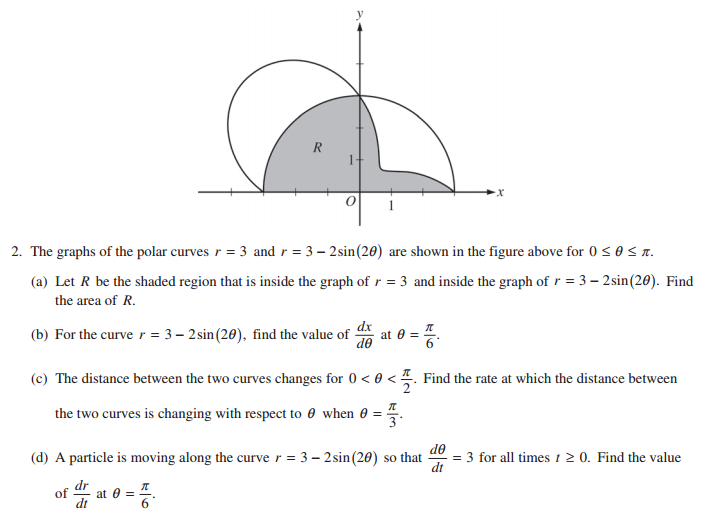

Several research studies have shown that corequisite models are much more effective than traditional remedial courses in boosting success rates in courses such as college algebra, precalculus and statistics. As research began to show that remedial math sequences were not increasing students’ success in college math, corequisite strategies were designed to create more equitable access for students to take college-level math courses.

The model provides students access to college-level coursework without requiring them to take non-credit remedial math courses. A recent report I co-authored, Charting a New Course: Investigating Barriers on the Calculus Pathway to STEM, examines this challenge.Īmong the questions probed by the report, published by Just Equations and the California Education Learning Lab, are: What could it look like to provide students who are differently prepared with the support they need to succeed and thrive in calculus courses? What if the system was designed so that students could strengthen algebra skills AND learn calculus concepts simultaneously?Ĭorequisite models can be a way of doing both. Because of this, many students do not complete the STEM degrees they had aspired to, and many of those are students of color. But what about other students? Each year, hundreds of thousands of students take calculus classes, and a large percentage of them struggle. He was fortunate that his university had a system in place for supporting student athletes in their coursework. Now, he is one year away from earning his bachelor’s in engineering.

He found a tutor who provided him something called “just-in-time instruction,” meeting with him each week to review algebra topics related to the calculus content he was learning in class. Fortunately, his story has a happy ending. His initial reactions included anger, confusion and disappointment because, after all, he was spending hours and hours working on problems, meeting with his tutor, and attending office hours without seeing any rewards for his effort.
#ALL STUDENTS TAKE CALCULUS WORK PROBLEMS FULL#
His professor sat him down, full of compassion, and told him, “It’s not the calculus you are struggling with, it's the algebra.” He wondered how it was possible to understand the calculus content but still have low scores. Although the lectures were engaging, and he understood the concepts, he was not scoring well on his tests and quizzes. However, the reality did not live up to what he imagined. He was the only member of his football team to take calculus, and he felt privileged to be starting his STEM journey with calculus. After earning an A in precalculus, my nephew was excited to take calculus during his first year at a historically Black university in the South.


 0 kommentar(er)
0 kommentar(er)
